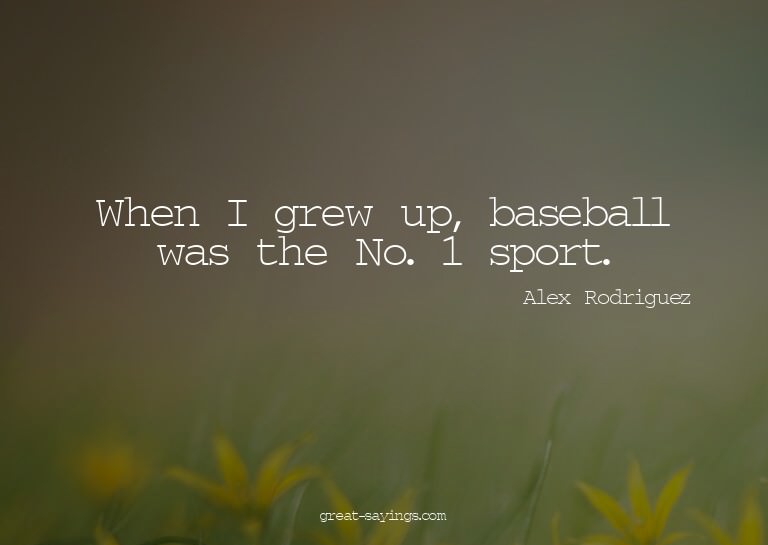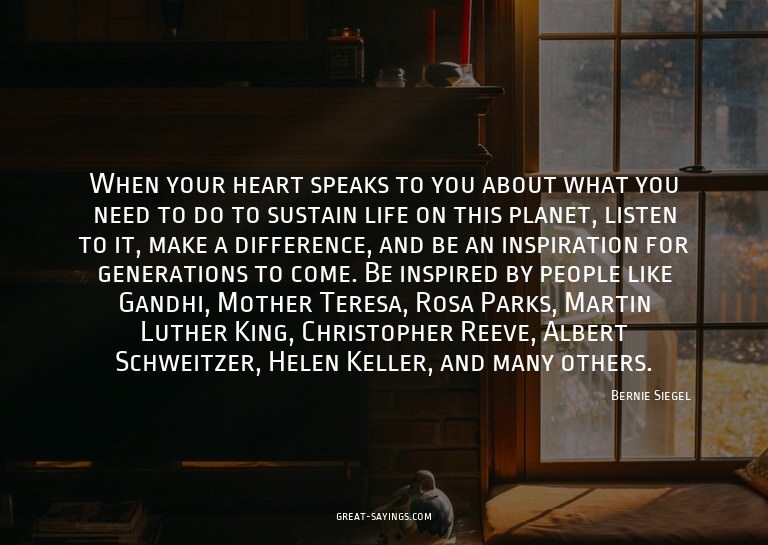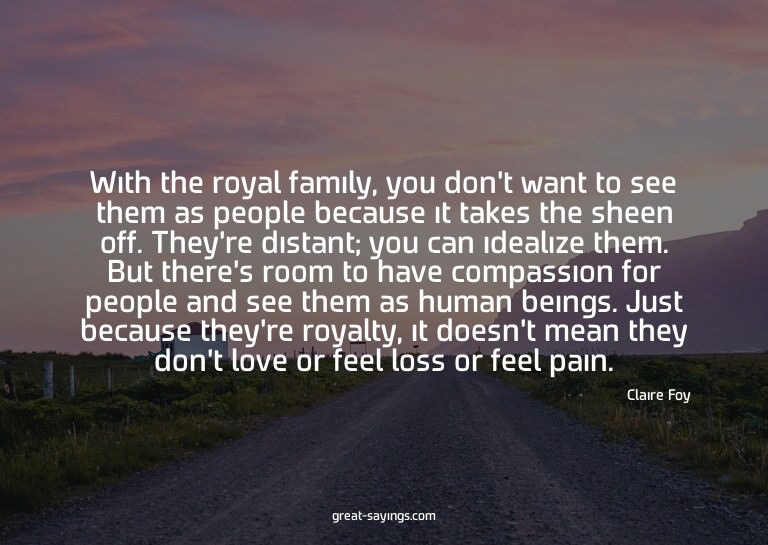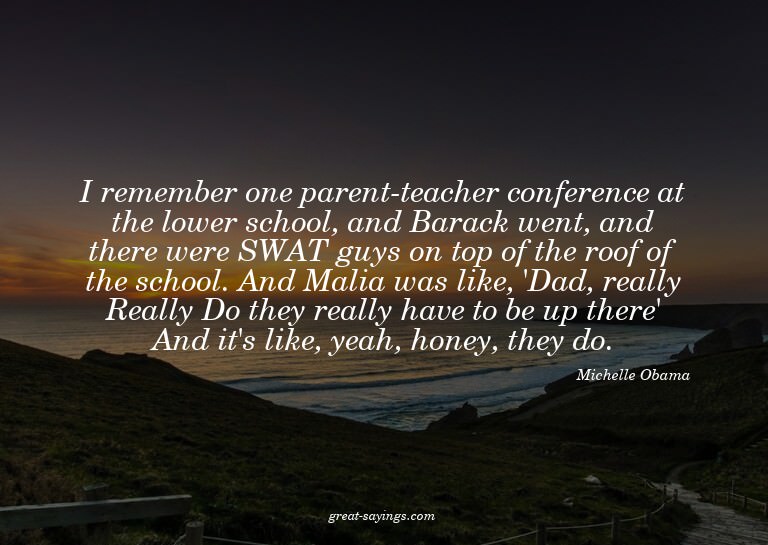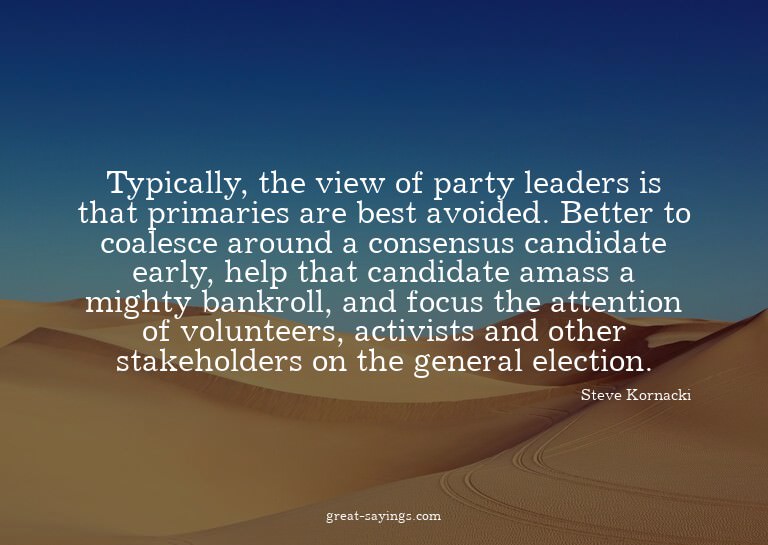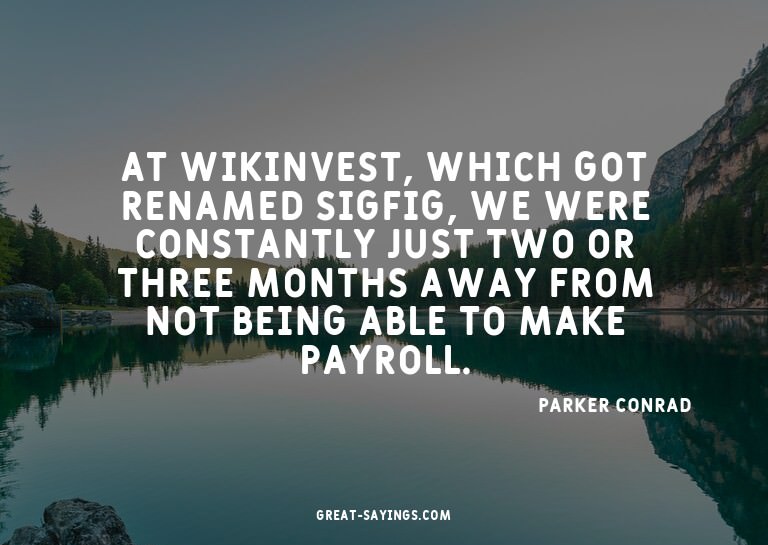Words matter. These are the best Stephen Kinzer Quotes, and they’re great for sharing with your friends.
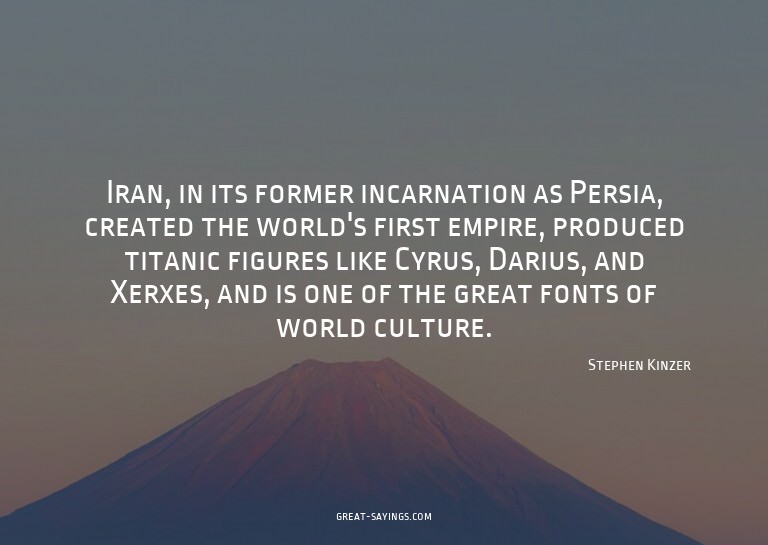
Iran, in its former incarnation as Persia, created the world’s first empire, produced titanic figures like Cyrus, Darius, and Xerxes, and is one of the great fonts of world culture.
There is much to justify Turkey’s reverence for Ataturk. He is the force that allowed Turkey to rise from the ashes of defeat and emerge as a vibrant new nation.
A decision by Germany’s highest court that banned the display of crosses or crucifixes in classrooms has sparked widespread outrage and protest.
The United States is holding hundreds of suspected terrorists in prisons at Guantanamo and elsewhere. Many are locked up indefinitely. They have not been tried or even charged with any crime.
If women are being oppressed in Egypt or children are being forced to join armies in the Congo, for example, it is not only acceptable but wonderful for Americans to be concerned, outraged, and active.
Because Iran understands Afghanistan far better than Americans do, making Iran a partner in a long-term effort to transform Afghan agriculture makes sense.
American oil companies – including Amoco, Unocal, Exxon, Pennzoil – have invested billions of dollars in Azerbaijan and plan to invest billions more. As a result, they have developed a strongly pro-Azerbaijan position.
In the past, secularists sought to challenge dogma by the use of rational argument, claiming, for example, that miracles described in the Bible are scientifically impossible.
The history of Chechnya is one of imperialism gone terribly wrong. In the 13th and 14th centuries, Chechens were among the few peoples to fend off Mongol conquerors, but at a terrible cost. Turks, Persians, and Russians sought to seize Chechnya, and it was finally absorbed into the Russian Empire in 1859.
Most Pakistani politics is conducted within a narrow spectrum. Politicians spend much time debating the best ways to fight India, or take Kashmir, or dominate Afghanistan, or punish the United States for its real and imagined sins.
Ataturk approved of the mevlevi dervish approach to God as being ‘an expression of Turkish genius’ that reclaimed Islam from what he saw as hide-bound, backward Arab tradition.
No offense to Iceland, but Latin America is where the fugitive leaker Edward Snowden should settle.
In his tub-thumping speech at the 2008 Republican National Convention, Romney sounded like the hedge-fund tycoon he is.
For many years as a foreign correspondent, I not only worked alongside human rights advocates, but considered myself one of them. To defend the rights of those who have none was the reason I became a journalist in the first place. Now, I see the human rights movement as opposing human rights.
By the late 1970s, repression and economic chaos were causing increasing unrest throughout Latin America. Army strongmen were forced to cede power in Peru, Argentina, Uruguay, Brazil, Ecuador, Bolivia, Nicaragua, El Salvador, Honduras and the Dominican Republic.
Archaeologists have made discoveries that challenge fundamental traditions of Judaism as well as those of Christianity and Islam.
Many Afghan intellectuals in the United States believe that their country is best kept together. They are encouraged by the fact that no leading tribal or political figure there has called for secession.
Turkey is immersed in a profound social and political conflict between secularists, who have been in power since the republic was founded, and an insurgent Islamic-based movement that seeks to increase the role of religion in public life.
Land ownership in Guatemala is more unequal than anywhere else in Latin America. Roughly 90 percent of Guatemalan farms are too small to support a family. A tiny group of Guatemalans owns a third of the country’s arable land; more than 300,000 landless peasants must scrounge a living as best they can.
Few living figures could contribute as much as Castro to our understanding of the second half of the 20th century.
What the United States wanted in Guatemala – and in Iran, where the C.I.A. also deposed a government in the early 1950s – was pro-American stability.
In fairness, Latin America’s elected civilian leaders have made progress in some areas. They have brought their countries back to international respectability, curbed flagrant human rights violations, and sought to build democratic political institutions.
The United States is now harbouring Luis Posada Carriles. His continued freedom mocks victims of terrorism everywhere. It also shows how heavily the ‘war on terror’ is overlaid with politics and hypocrisy.
Allowing a friend to careen toward self destruction is not friendship. That is a habit the United States needs to break as it pursues a richer and more deeply supportive relationship with Israel.
Mexico needs schools, rural development, and an independent judiciary, not high-tech weaponry.
One of the immutable patterns of history is the rise and fall of great powers. Those that survive are the ones that adapt as the world changes.
The Afghans are probably the world champions in resisting foreign domination and infiltration into their country.
The withdrawal of more than half a million Russian troops and dependents from Germany since 1991 is described by historians as ‘the biggest pullout ever by an army not defeated in battle.’
Castro has lived almost his entire life as a clandestine revolutionary. To such figures, truth is always malleable, always subservient to political goals.
Successive American presidents have turned a blind eye to piles of evidence that Saudi money is being used to foment holy war against America.
Prairie grassland once covered much of North America’s midsection. European settlers turned nearly all of it into farms and ranches, and today the prairie landscape survives mainly in isolated reserves.
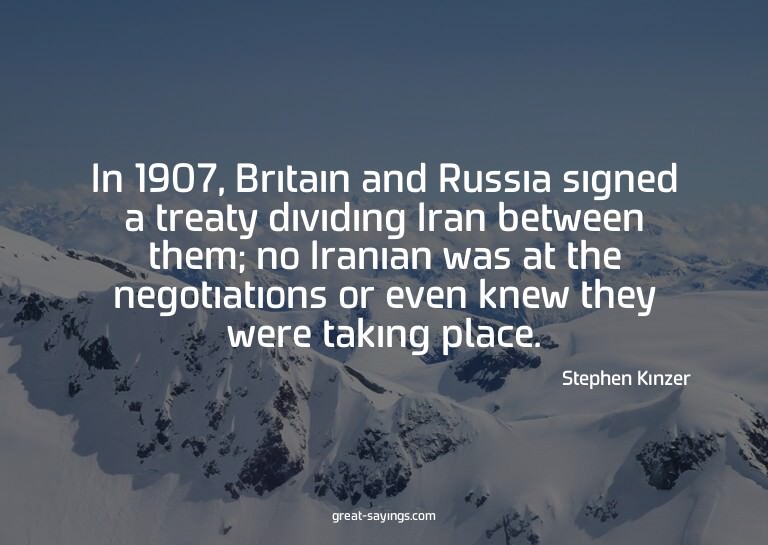
In 1907, Britain and Russia signed a treaty dividing Iran between them; no Iranian was at the negotiations or even knew they were taking place.
Afghanistan’s borders are arbitrary, drawn to meet 19th-century political needs rather than to respect ethnic or religious patterns.
Western powers remain imprisoned by the idea that the world is a dangerous place, that it needs to be managed, and that they are called upon to do the managing.
Challenging orthodoxy is a death sentence in Washington.
Some major American publishing houses still seek work by foreign writers.
Celebrating historic triumphs is a favorite pastime for many Turks. Tales of how Turkic peoples emerged from Central Asia, crossed the steppes to Anatolia, established the Ottoman Empire and ruled for centuries over large swaths of Europe and Asia are the subject of countless legends, poems and books.
Saudi Arabia supplies much oil to the U.S. And it is the world’s largest consumer of American weaponry.
In 1984, showing extraordinary courage, a group of Guatemalan wives, mothers and other relatives of disappeared people banded together to form the Mutual Support Group for the Appearance Alive of Our Relatives.
The long conflict between Israel and Palestine has, for better or worse, become the world’s conflict. It permanently destabilizes the Middle East, blocks the settlement of urgent crises, and intensifies looming threats to the West.
During the Cold War, America took sides not only in disputes between Arab countries, but also in debates within them.
During the Cold War, the non-aligned movement tried to become a ‘third force’ in world politics, but failed because it was too large and unwieldy.
Conflict with the United States is one of the overwhelming facts of Latin American history.
After World War II, the winds of nationalism and anti-colonialism blew through the developing world.
During the late 1970s and early 1980s, Latin America moved decisively away from military rule and toward civilian democracy.
One day, Mexico will have a leader who is nationalist not simply in rhetoric, but also in fact.
During the 1980s, international interest in the Nicaraguan war was intense. No conflict since the Spanish civil war had provoked such passion around the world. It was a classic good-versus-evil war.
Canada, Australia and New Zealand have apologised for their treatment of native peoples.
Mehmet was the first sultan, and one of the first Muslims anywhere, to defy religious tradition by allowing his portrait to be made.
Adroit geo-strategists take new realities into account as they try to imagine how global politics will unfold. In the foreign policy business, however, inertia is a powerful force and ‘adroit’ a little-known concept.
To frustrated Americans who have begun boycotting BP: Welcome to the club. It’s great not to be the only member any more!
From the 1920s into the 1940s, Britain’s standard of living was supported by oil from Iran. British cars, trucks, and buses ran on cheap Iranian oil. Factories throughout Britain were fueled by oil from Iran. The Royal Navy, which projected British power all over the world, powered its ships with Iranian oil.
Weapons systems the U.S. sold to the Shah of Iran wound up in the hands of Islamic militants who seized power there in 1979; a comparable scenario in Saudi Arabia is hardly impossible.
Sultan Mehmet had good relations with the Medici family and other powerful Italian clans, especially in Venice and Florence, and at his request, they sent him artists and craftsmen by the dozen.
Pages: 1 2

